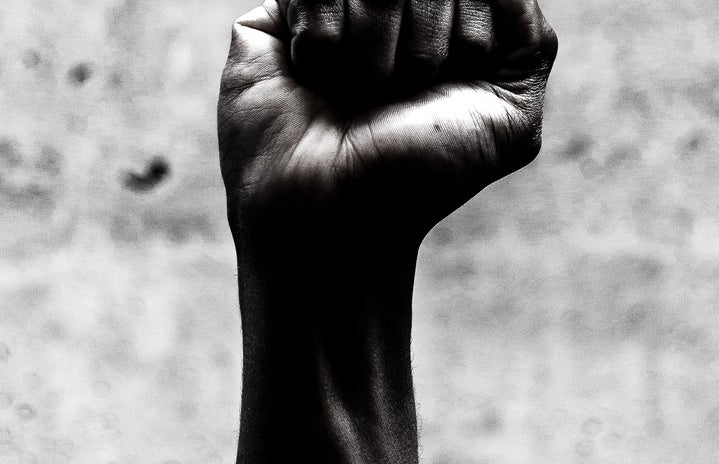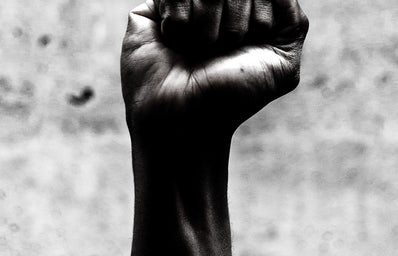Wednesday the 27th of April marks South Africa’s 28th Freedom Day. What does the word “freedom” mean in this context? How, after nearly 30 years, has our country celebrated and exercised this “freedom”?
Freedom Day is meant to honour the first democratic, non-racial election in 1994. It is a day to commemorate and mark the country’s liberation from 300 years of colonialism and systematic racism under the regime of apartheid. It is a day to respect and pay tribute to all those who fought so long and suffered for our country’s freedom and its future. This includes incarceration, torture in various forms, and exile.
I’m sure many of us have seen the photos from this memorable day in 1994: people of all races and walks of life standing in long queues outside voting stations with huge grins on their faces, regardless of the wait. They’d waited so long for this moment – what did a queue matter? The atmosphere was jubilant and full of hope for a better future. But has this future been realised? In some ways, yes. In others – it’s a definite no.
Already in 2006, an annual event was created: UnFreedom Day. Abahlali BaseMjondolo (AbM) hosts this day to emphasise how there is “no democracy for the poor”. AbM is a movement for shack dwellers and is the “largest organisation of the militant poor in post-apartheid South Africa”. The wealth gap in this country is the worst in the world; we are the most unequal society in these terms. For many, standards of living have not changed too much since before apartheid ended. The transformation has, economically, resulting in a middle class and some “black elites” but not much else.
The housing crisis is a prime example of the apartheid legacy’s remnants. It was a “cornerstone” of the country’s attempts to redress the legacy of racial segregation and discrimination. Cape Town struggles with approximately 345 000 houses (in 2016) worth of backlog. This has been exacerbated by in-migration as well as natural growth. There are people still waiting on housing from 1996 due to delays. In many cases, the standard of living is abysmal and unsustainable. The government has delivered 3.5 million free homes since 1994, but many of these are far from the cities. This results in beneficiaries selling the houses and choosing to stay in places nearer to the cities, even if their standard of living decreases. More needs to be done.
Freedom Day is a time for all of us to contemplate how fortunate we are to live in a “free” country, even though it is a country rife with flaws and imperfections. There are many others, like Palestine, that still face apartheid, and others are under oppression. We have a comprehensive Constitution; we have freedom of speech; we all have the right to vote. This was not the case 29 years ago. So, while you celebrate Freedom Day in whatever way you see fit, just keep in mind how far we have come, and how far we still have to go.


